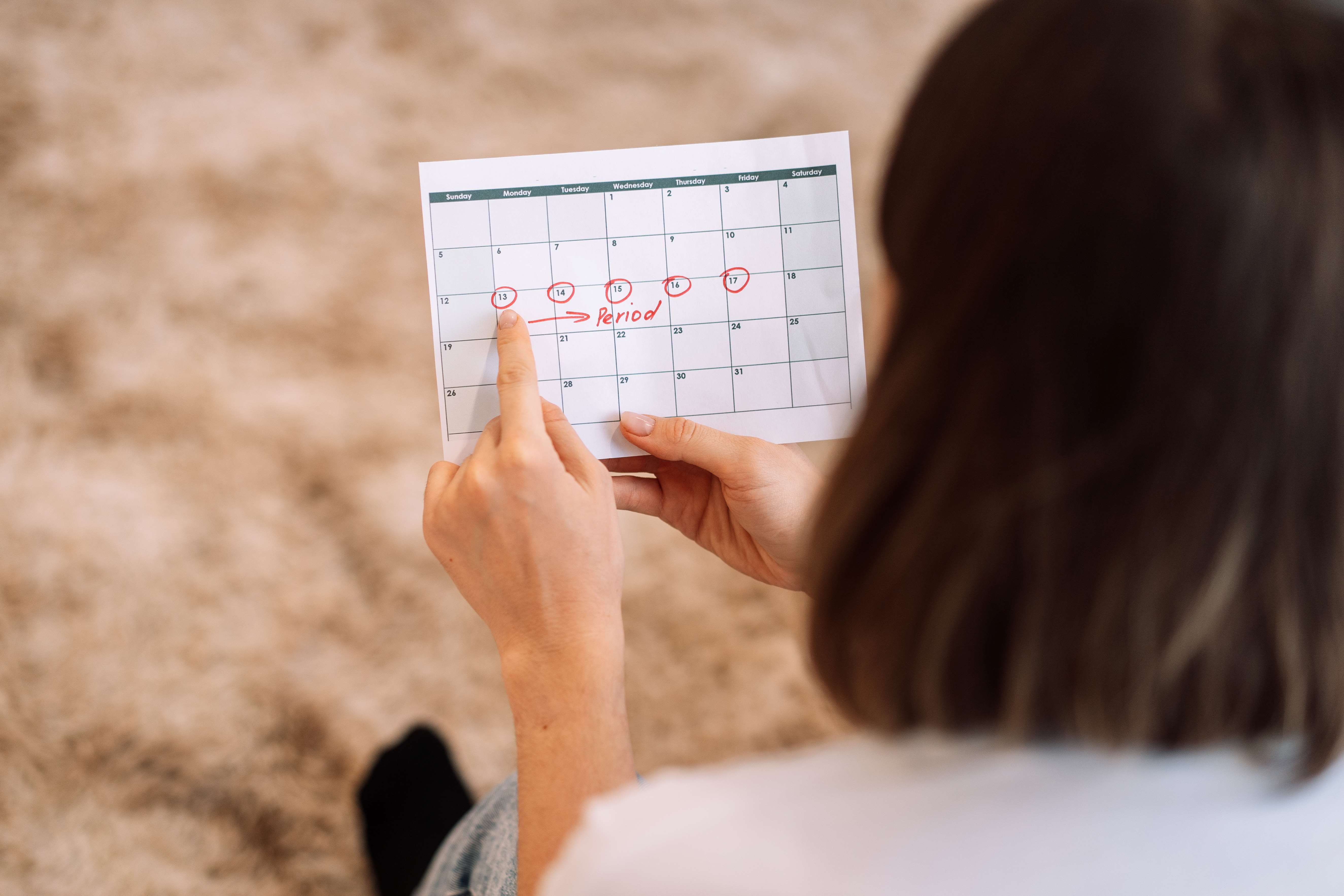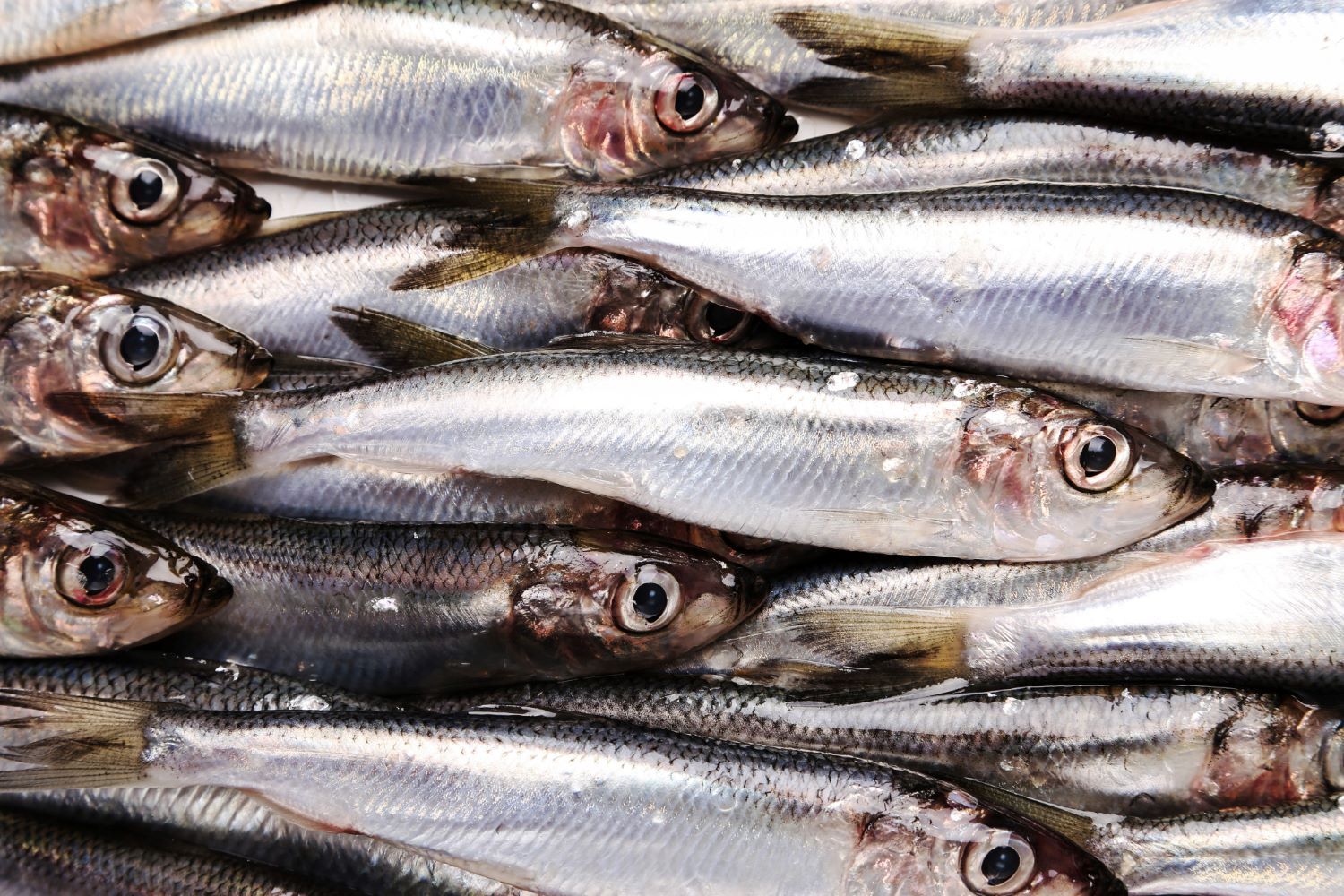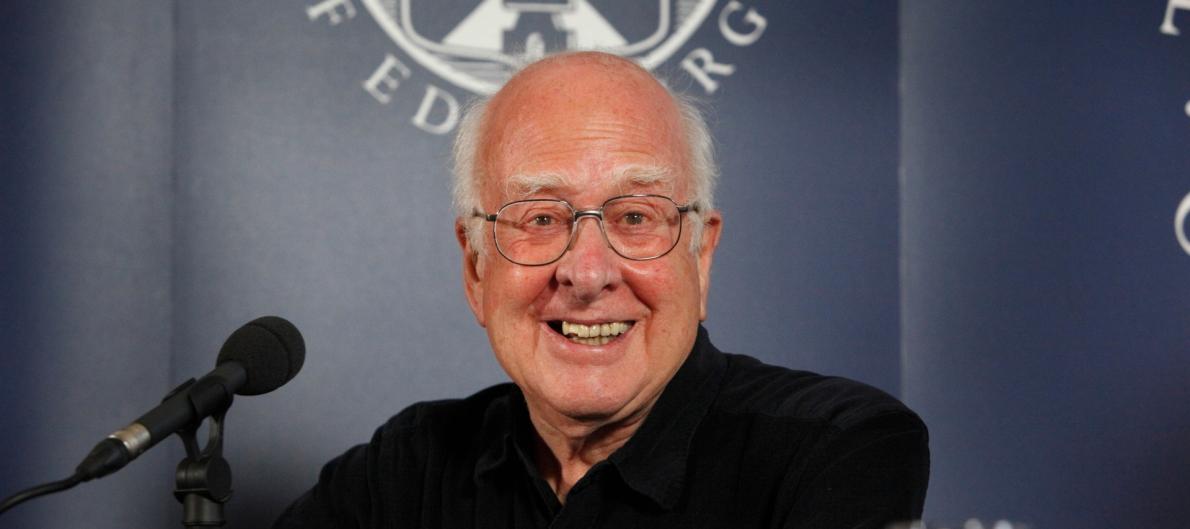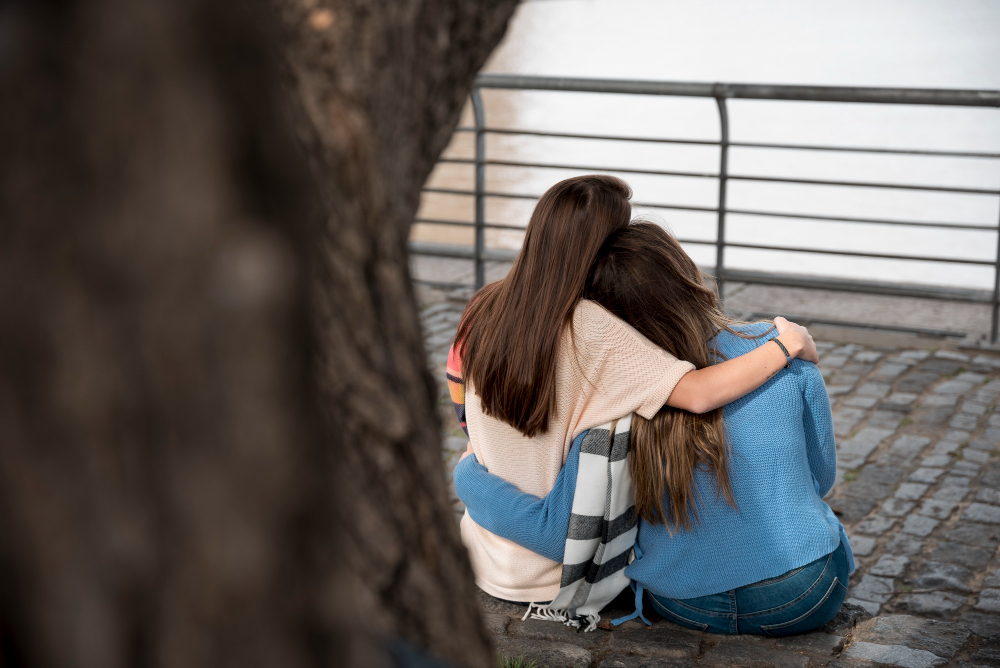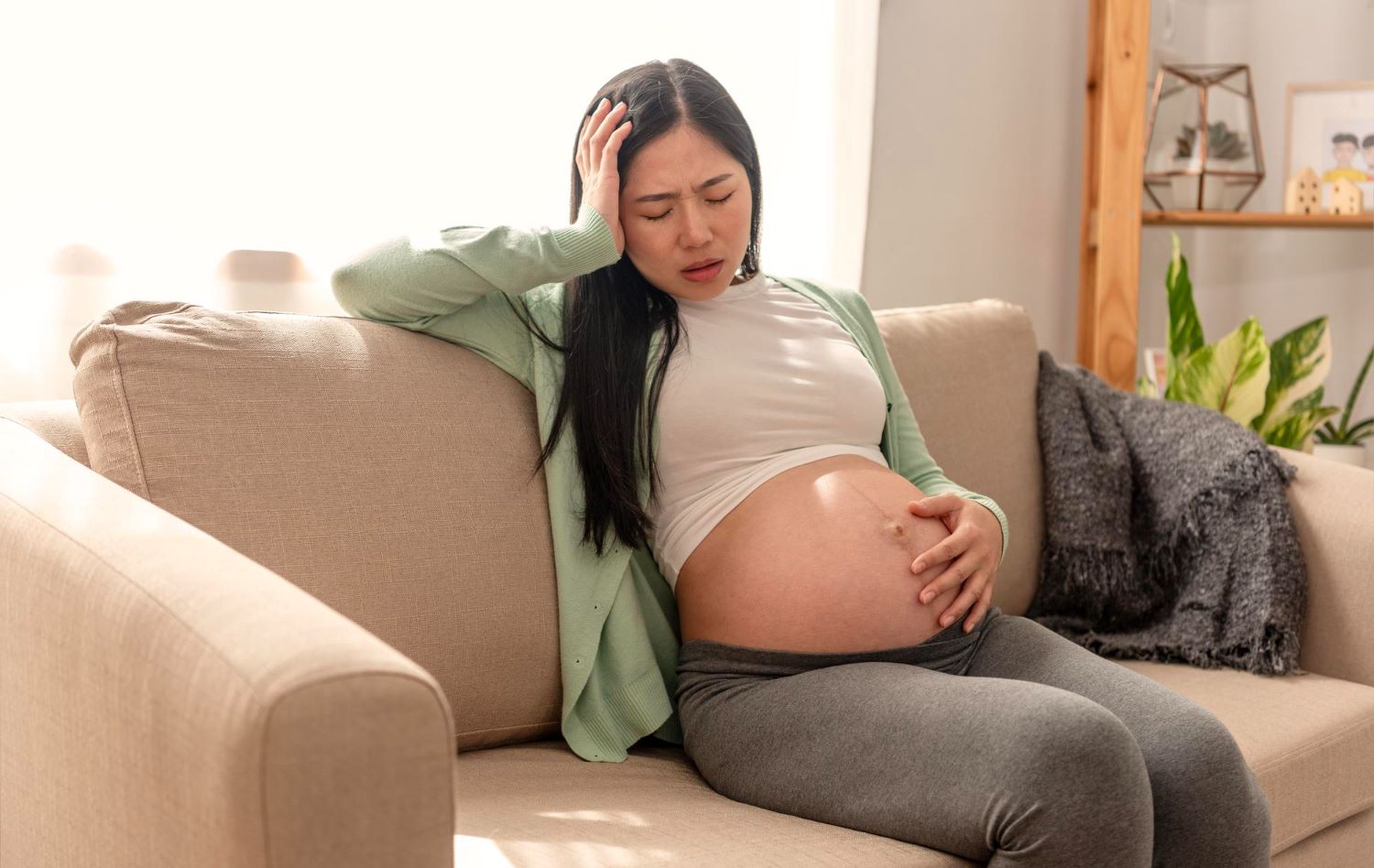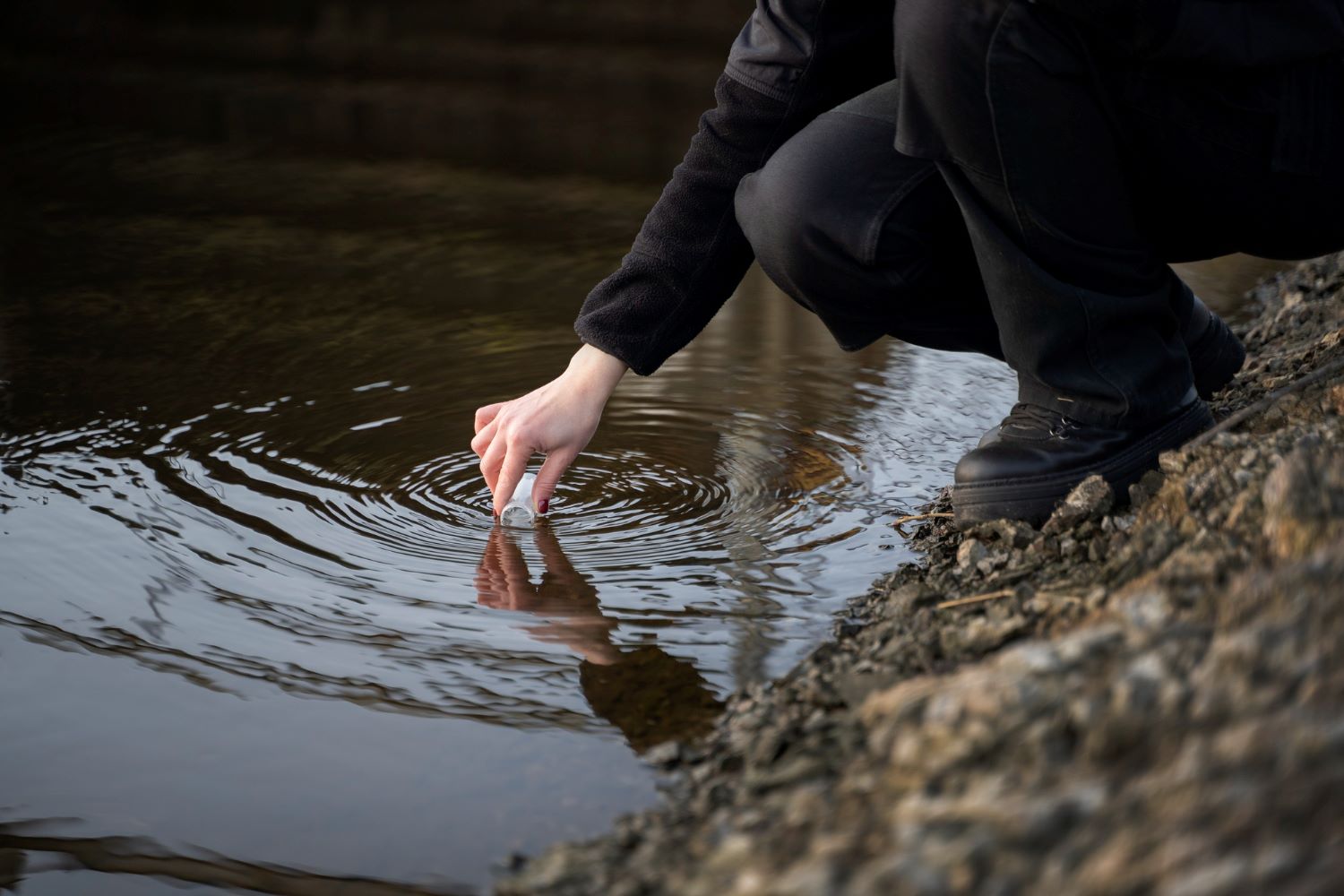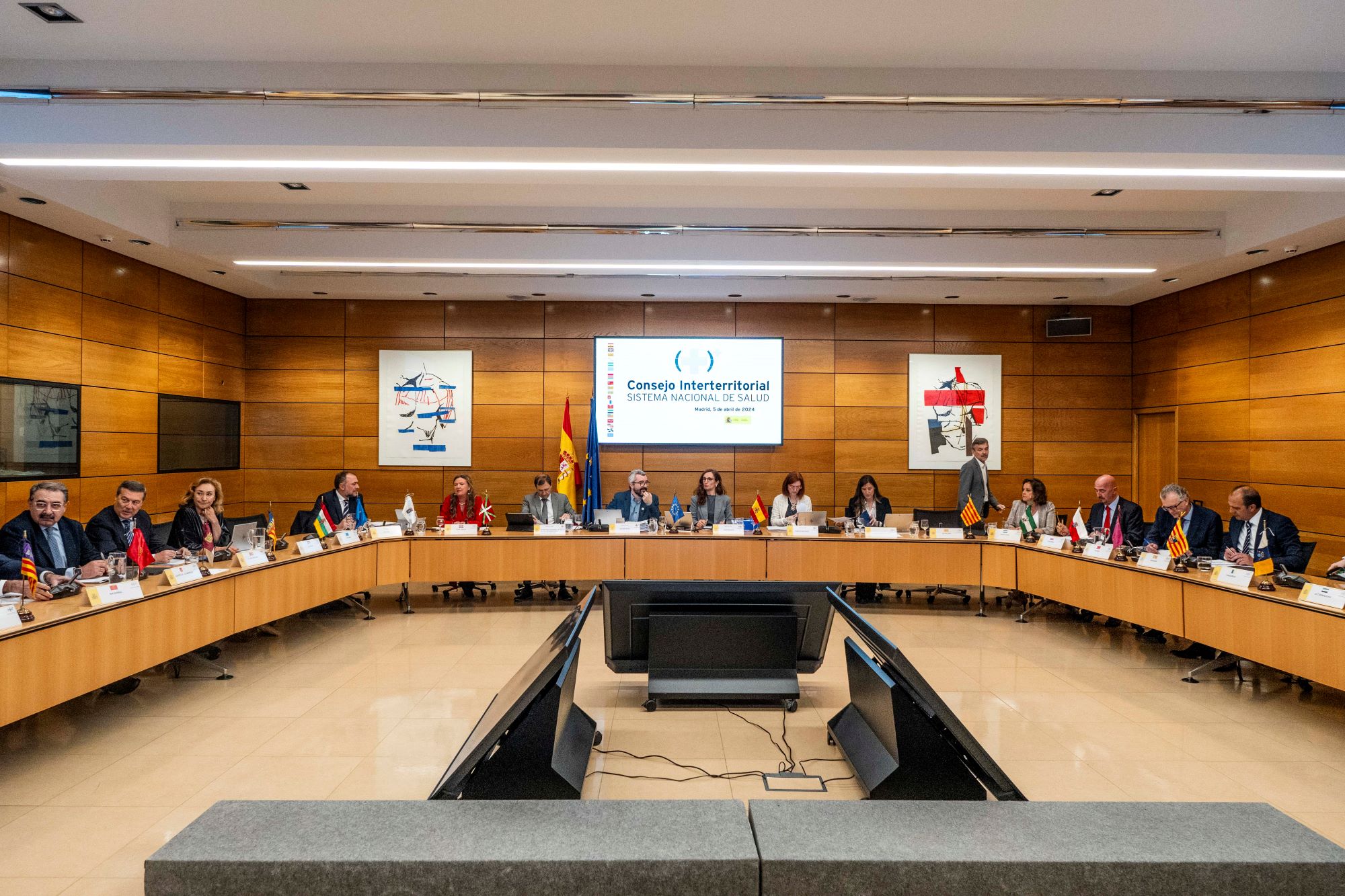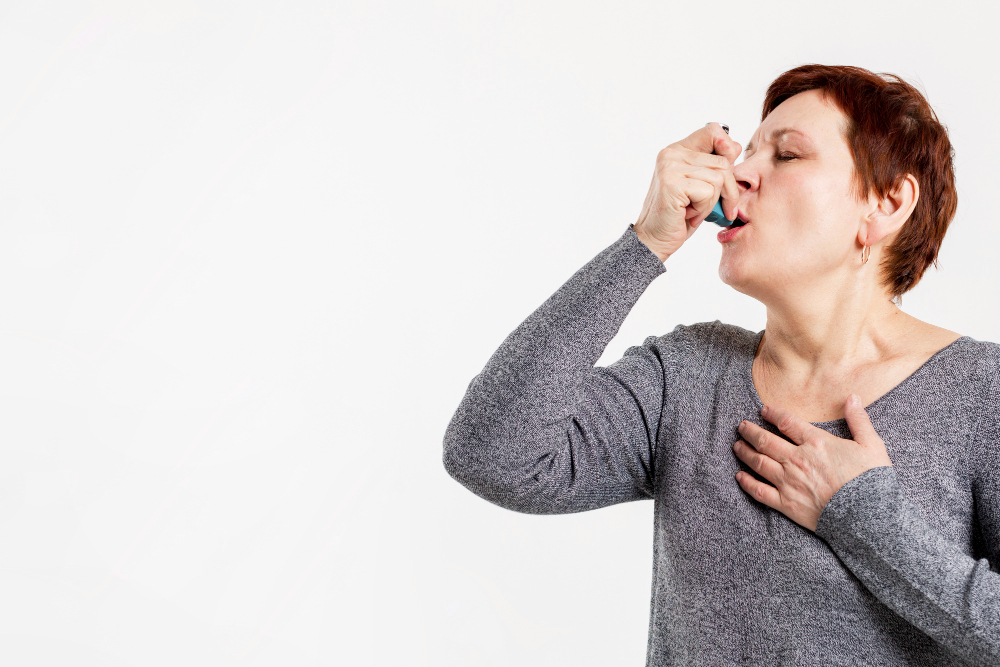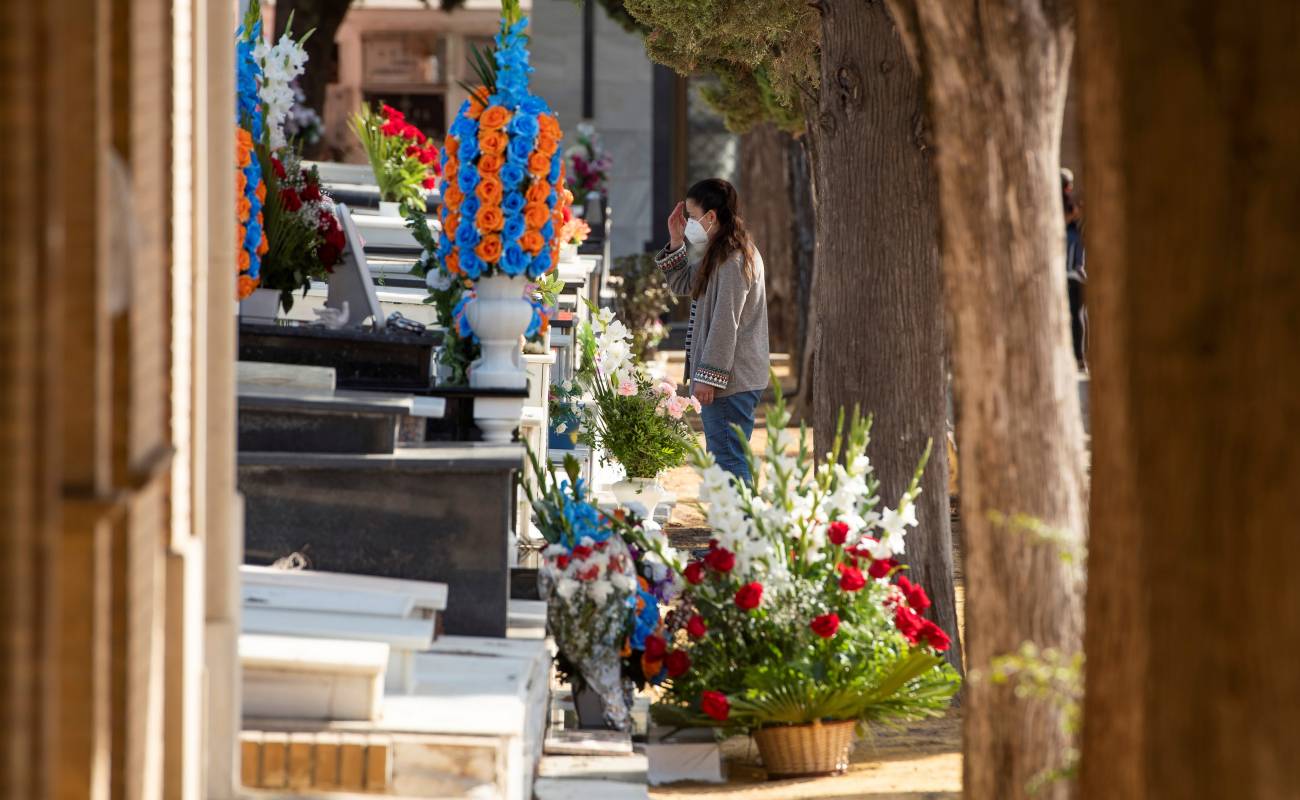Reactions: menstrual cycle depends on an internal 'clock'
The ovarian cycle is regulated by internal circadian rhythms rather than external processes, says a study published in Science Advances. Using menstrual cycle data from some 3,000 women in Europe and North America, the authors add that the influence of the lunar cycle on women's menstrual cycle is weak, but significant.
